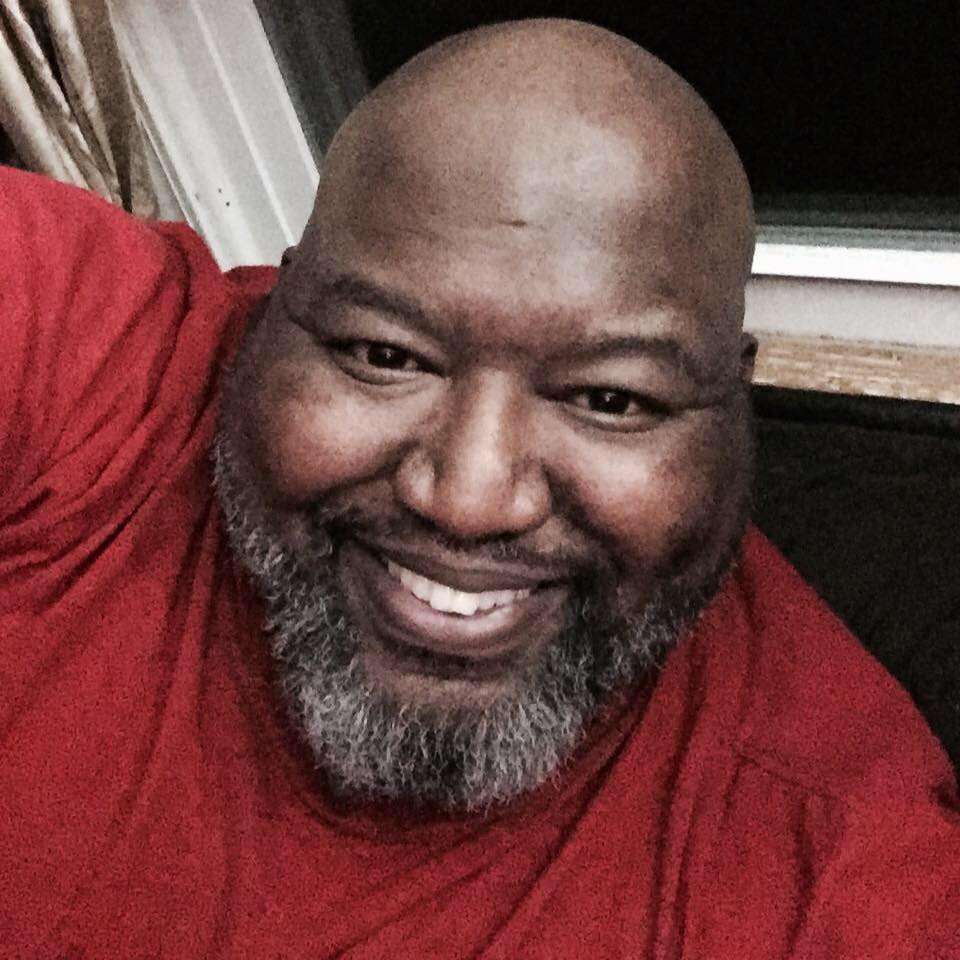UMW professor introduces seniors to revolt literature
4 min read
Clarence Tweedy
By HEATHER JACKLING
If you are an English major and you have not yet decided which senior seminar to take for the spring semester, Dr. Clarence “Danny” Tweedy III teaches a class full of great literature and insightful discussions. Radical Black Fiction Writer, a 400 level seminar course, will be taught this coming spring, 2016.
This course not only reflects some of Tweedy’s personal research and presented material, but also offers students new insight into a literary genre all too often overlooked called “revolt fiction.” Revolt fiction is comprised of novels that portray the often violent struggle to defeat and overcome systemic oppression in literature.
For Tweedy, his first exposure to this type of literature came at a young age. “When I was about 11, my mother and even my grandmother would talk about the novel ‘The Spook Who Sat by The Door’ by Sam Greenlee, this sort of revolutionary novel was just appealing to me,” Tweedy said. “I didn’t think that there was anything like that out there, and I looked everywhere for it, and even in graduate school I still couldn’t find it. Only with the rise of Amazon was I finally able to get it.”
During graduate school, Dr. Tweedy said that he took a Harlem Renaissance seminar where he found “Dark Princess” by W.E.B Dubois. He said that after reading that novel he began researching others like it and found the genre of Revolt Fiction, which later lead him to the concept of Afrocentrism and the book “Afrotopia.”
“[When] I read a book by Wilson Jeremiah Moses called ‘Afrotopia,’ then I started thinking about utopias and dystopias, and so for the past four years whenever I go to the Utopian Studies Conference, I present on Afrotopia and four different versions of it where I walk through these radical texts, I’m always looking at this sort of revolt fiction,” Tweedy said.
When Tweedy came to UMW in 2006, he wondered how he could teach this sort of literature. After a seminar on Octavia Butler, who is a noted female contemporary science fiction author, he realized that her literature also fits well into the sphere of Radical Black Fiction.
“The jumping off point was when I published a paper on her because the argument I made initially made in the paper, and I talked to Dr. Richards about this, was that these more radical African American texts were being dismissed and not being taught because of…revolt fiction or the empowerment associated with it,” Tweedy said.
He believed that it was important for students, especially those who love literature, to be able to experience a wider array of novels, and the various genres that this written world can give to us and thus started laying out the foundation for the seminar.
“At first I was interested in focusing on male authors, but as two students, Audrey Ricks and Jordan Riser pointed out to me when I was designing the class, and I had told them I had only looked at the men of revolt fiction, it was one of those wake up things,” Tweedy said.
However, once Tweedy began looking at the novels he was going to include in his seminar, he realized that not only had this type of literature exploded in the literary world but also that he could also incorporate many celebrated radical female authors as well.
“I started looking at the male authors and realized that they were writing from a militaristic and nationalist standpoint with male anxieties, whereas the women focused on the radical aspect of the community including the revolt against the roles of gender, being sexually classified, and the black woman within the community, which made me look at the genre in a whole new light,” Tweedy said.
The seminar will be offered next semester, although Tweedy has admitted that he is already looking at making some changes to the course, more specifically, to the texts that will be read by his seniors. He wants to incorporate more authors from the 19th century, and stick to the timeline of the literature, but still maintain the even division of female and male authors.
Tweedy believes that a key aspect is having the students understand the novels through presentations, class participation in addition to research and analysis done entirely by the students.
“I learned a lot from you all in Radical Black Fiction, in terms of approaches and new ways of looking at things, which changes the way that I think,” Tweedy said to his students.
Tweedy’s seminar is an important contribution to the English department, as it offers students an in depth perspective at a type of fiction that is often disregarded in many English literature classes, and even overlooked in African American literature classes.
This course seeks to introduce students to an overlooked genre in a way that is both fun and knowledgeable, while situating radical black fiction in a historical context that he is always eager to discuss and teach with his students.



Dr. Tweedy, where did you go to high school?